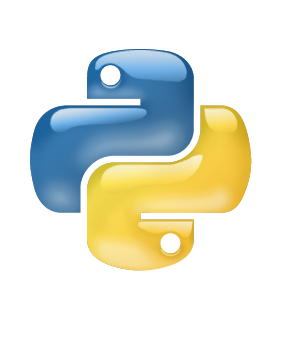
In today's data-driven world, the need for efficient and scalable data storage solutions is paramount. Relational databases, the traditional workhorses, have served us well, but as data volumes explode and query patterns diversify, NoSQL databases are emerging as powerful alternatives. Let's delve into the world of NoSQL, exploring its core concepts, advantages, and use cases.
Moving Beyond the Rows and Columns:
Relational databases organize data in a structured format of tables with rows and columns, enforcing relationships between them. While this structure offers advantages for certain tasks, it can become cumbersome for large, unstructured datasets or frequently changing schemas.
NoSQL (Not Only SQL, sometimes interpreted as "non-relational") databases break free from this rigid structure. They offer a variety of data models, including:
Advantages of the NoSQL Approach:
When to Consider NoSQL Databases:
NoSQL databases are particularly well-suited for scenarios like:
Making the Choice: Relational vs. NoSQL
The choice between a relational and NoSQL database depends on your specific needs. Relational databases remain strong for structured data and complex queries with joins. However, NoSQL offers a compelling alternative when scalability, flexibility, and performance for specific use cases are priorities.
The Future of Data Storage: A Diverse Landscape
The data storage landscape is evolving. Many applications leverage both relational and NoSQL databases, each playing to their strengths. As data continues to diversify, NoSQL is poised to play an increasingly important role, offering flexibility and scalability for the ever-growing data demands of our modern world.
Your email address will not be published. Required fields are marked *










































